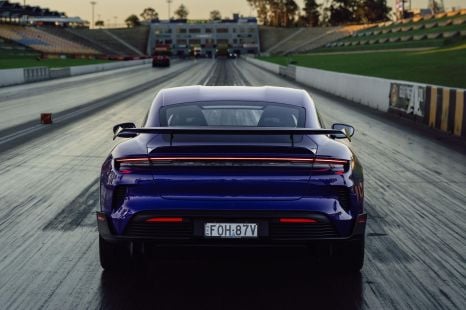

Toby Hagon
Banned! The car that’s too quick for Aussie drag strips
1 Hour Ago

Contributor
Toyota has confirmed a longer-than-expected range for its first mass-produced electric car, the bZ4x.
The front-wheel drive bZ4x has a claimed 516km of range on the tougher WLTP test cycle, up from the 500km initially claimed, while the all-wheel drive offers a claimed 470km. That’s up 20km on the initial claim.
Claimed power consumption is 14.3kWh/100 km for the front-wheel drive, and 15.8 kWh/100 km for the all-wheel drive version.
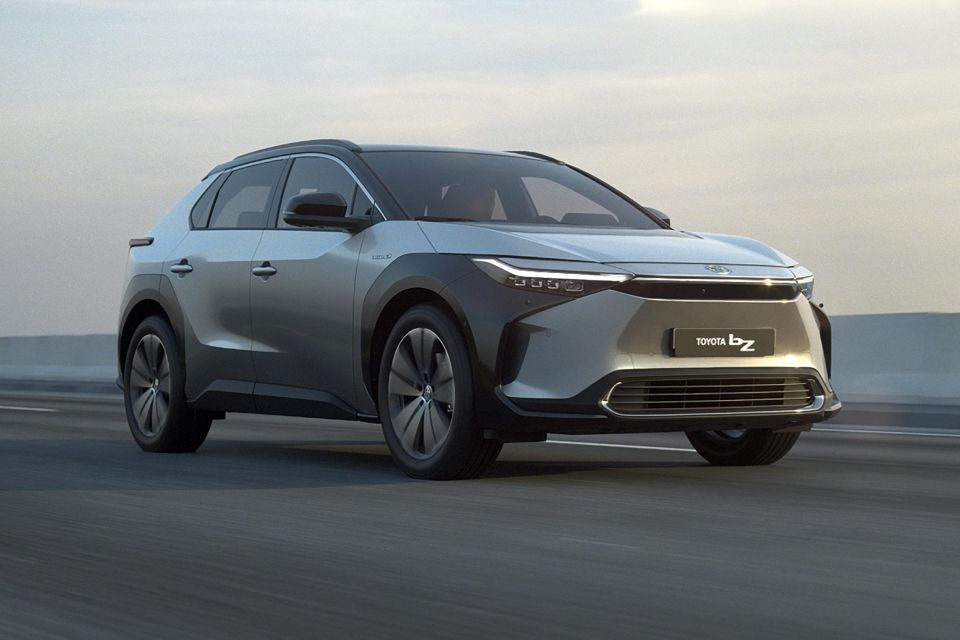
Here’s how those claims stack up with the car’s biggest rivals:
The bZ4x was first revealed in April 2021, and sits on a dedicated electric (EV, or BEV) platform belonging under the TNGA architecture umbrella. It’ll arrive in Australia late in 2022.
Toyota has warned it’s not going to be cheap when it touches down.
“Pricing will be announced closer to introduction, but this car will be expensive, as was the original Prius that we launched back in October 2001,” Toyota Australia vice president of sales and marketing, Sean Hanley, has previously said.
“This is due to significant research and development cost recovery. Like hybrids, battery-electric vehicle adoption and affordability will take time, but certainly not 20 years. They will eventually become a sustainable means of mobility.”
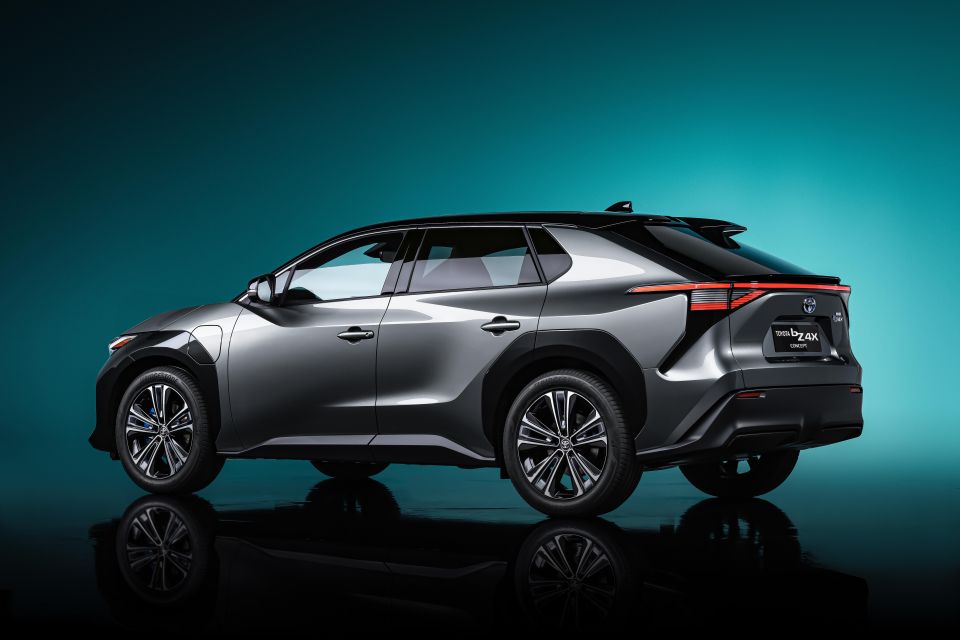
It was developed with and will be shared by Subaru, which has its own rebadged version called Solterra.
The cheapest versions will come with front-wheel drive, powered by a 150kW motor for claimed acceleration of 8.4 seconds 0-100km/h.
All-wheel drive (AWD) versions instead use two 80kW motors, one on each axle, to make 160kW combined and cut the 0-100km/h time to 7.7 seconds.
The FWD weighs 1920kg, with the AWD adding 85kg taking it to 2005kg. For context the dual-motor Tesla Model Y weighs 2003kg.
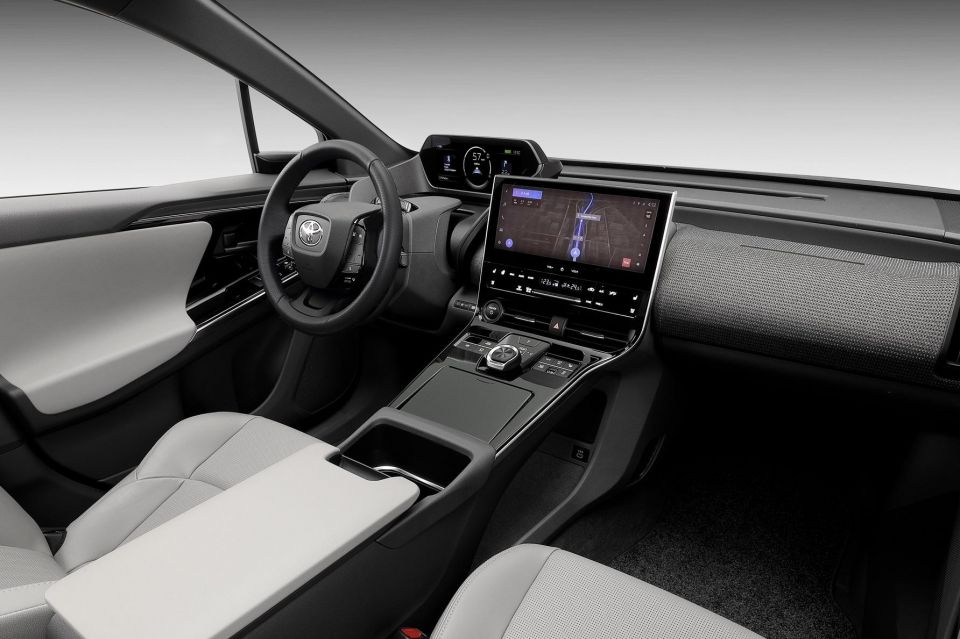
The whole range uses a 71.4kWh lithium-ion battery able to charge at up to 150kW on a public DC charger.
The bZ4x will also be capable of V2L, or vehicle-to-load services as explained in our feature here.
The ‘bZ’ (‘beyond Zero’) moniker will be applied to no fewer than seven full-electric car lines on bespoke platforms to be launched globally by 2025 – meaning a launch cadence of about two dedicated bZ-branded EVs per year.
This seven-strong ‘bZ’ line-up will be the backbone of the wider Toyota group’s plan for 15 BEV products, available in various regions, by that 2025 date.
Where expert car reviews meet expert car buying – CarExpert gives you trusted advice, personalised service and real savings on your next new car.
Scott Collie is an automotive journalist based in Melbourne, Australia. Scott studied journalism at RMIT University and, after a lifelong obsession with everything automotive, started covering the car industry shortly afterwards. He has a passion for travel, and is an avid Melbourne Demons supporter.


Toby Hagon
1 Hour Ago
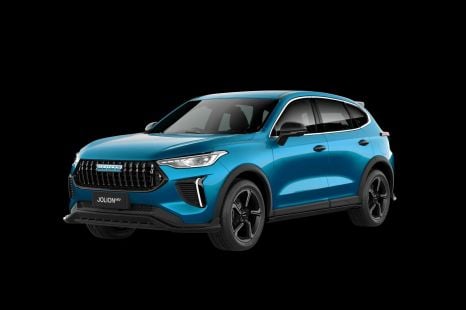

William Stopford
2 Hours Ago
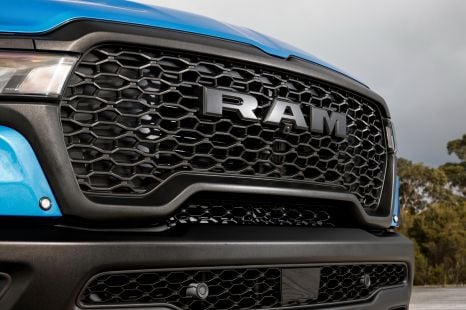

William Stopford
3 Hours Ago
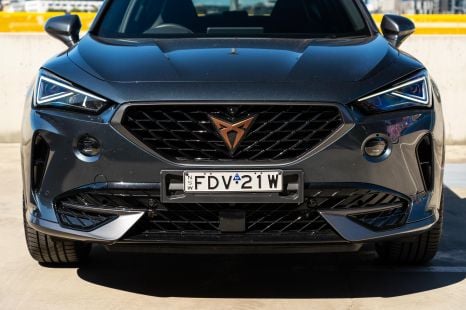

James Wong
5 Hours Ago
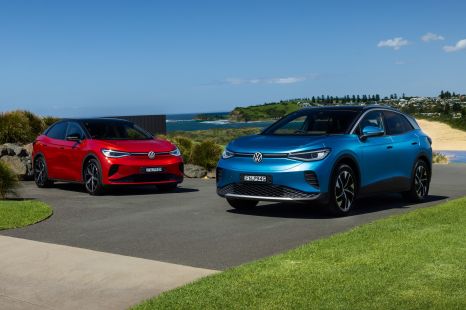

Damion Smy
6 Hours Ago
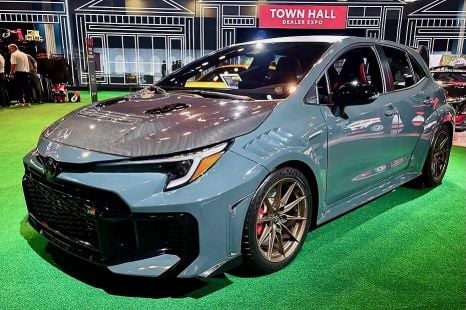

Ben Zachariah
7 Hours Ago